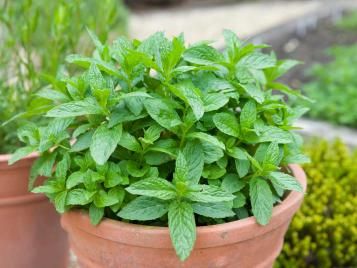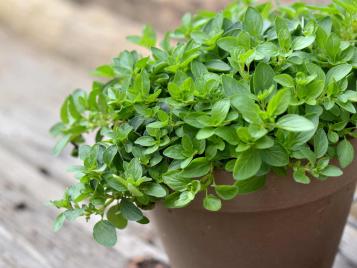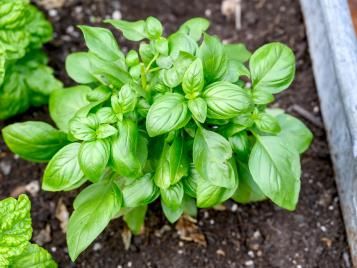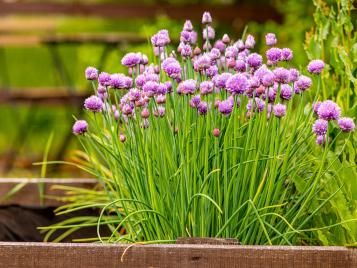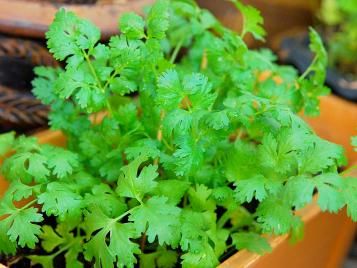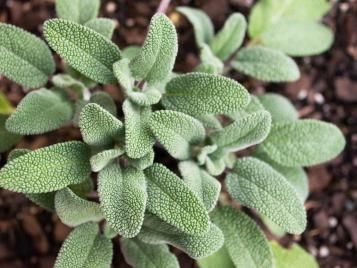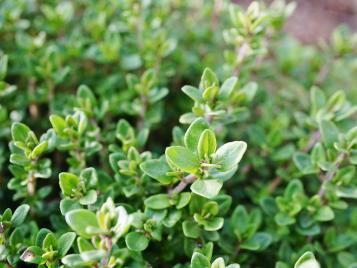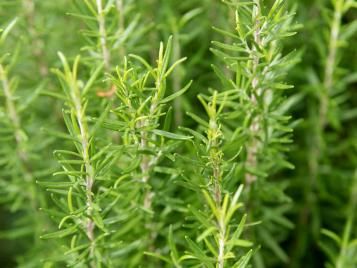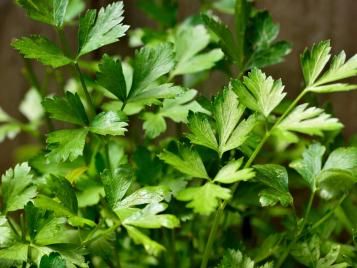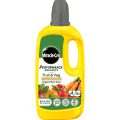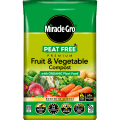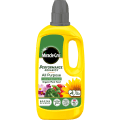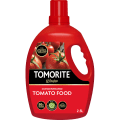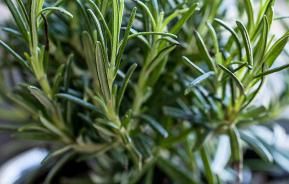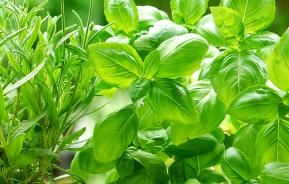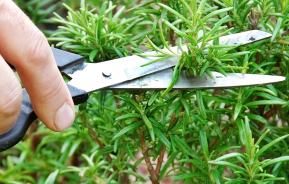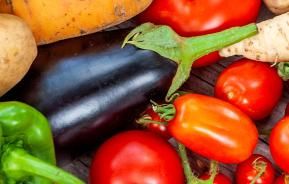Not only are herbs great for your cooking they are also great for your health. Many herbs are rich in phytonutrients with health boosting properties. Parsley for instance is full of vitamin C and basil helps soothe a sore tummy.
Here are some top tips on how to grow and care for some of our favourite cooking herbs. If you’re looking for more information about growing herbs, you’ll find it in our articles, growing herbs indoors and how to start growing herbs in your garden.
Buying herbs for planting
The easiest way to grow herbs is to buy small pots of young plants from your garden centre. These can be potted up into slightly larger pots for indoors or on the patio. Some can be planted in the garden although check what sort of conditions the different herbs like. Rosemary loves dry, hot conditions whereas mint is happier in a shadier and moist spot. Many flowering herbs like lavender and thyme are also excellent for pollinators as well as looking beautiful.
Growing from seed
Many herbs are easy to be grown from seed such as basil and coriander. Fill a pot or seed tray with a good quality peat free seed compost and lightly firm the surface, then water with a fine watering can rose or sprinkle mode on your hose.
Scatter the seeds thinly and then lightly cover with more compost. Cover the pot with a polythene bag or place in a propagator and leave on a windowsill to germinate. As soon as germination has taken place you can remove the cover.
Harvest leaves from the top to encourage your plants to produce fresh new side shoots and many more leaves to pick. If they do go to flower the flowers are usually edible and make attractive additions to salads or food dishes.
Buying fully grown plants
Pots of fully-grown seedlings with ready to harvest leaves aren’t always easy to keep for a long time. However, you can get them to be productive for much longer by watering with a little room temperature rather than overwatering, allowing the top of the compost to dry out between waterings. You can lift the pot to judge, and if the pot is exceptionally light it needs watering.
I harvest carefully by pinching out the top leaves when needed, and feed with a diluted liquid plant food every 2 weeks to encourage more leafy growth. Alternatively, you can carefully divide up the plants and pot them up individually into pots of peat free compost. Herb pots bought from the supermarket for example can be divided into four or five pots. Not only do you get more for your money, but they are easier to care for too.


